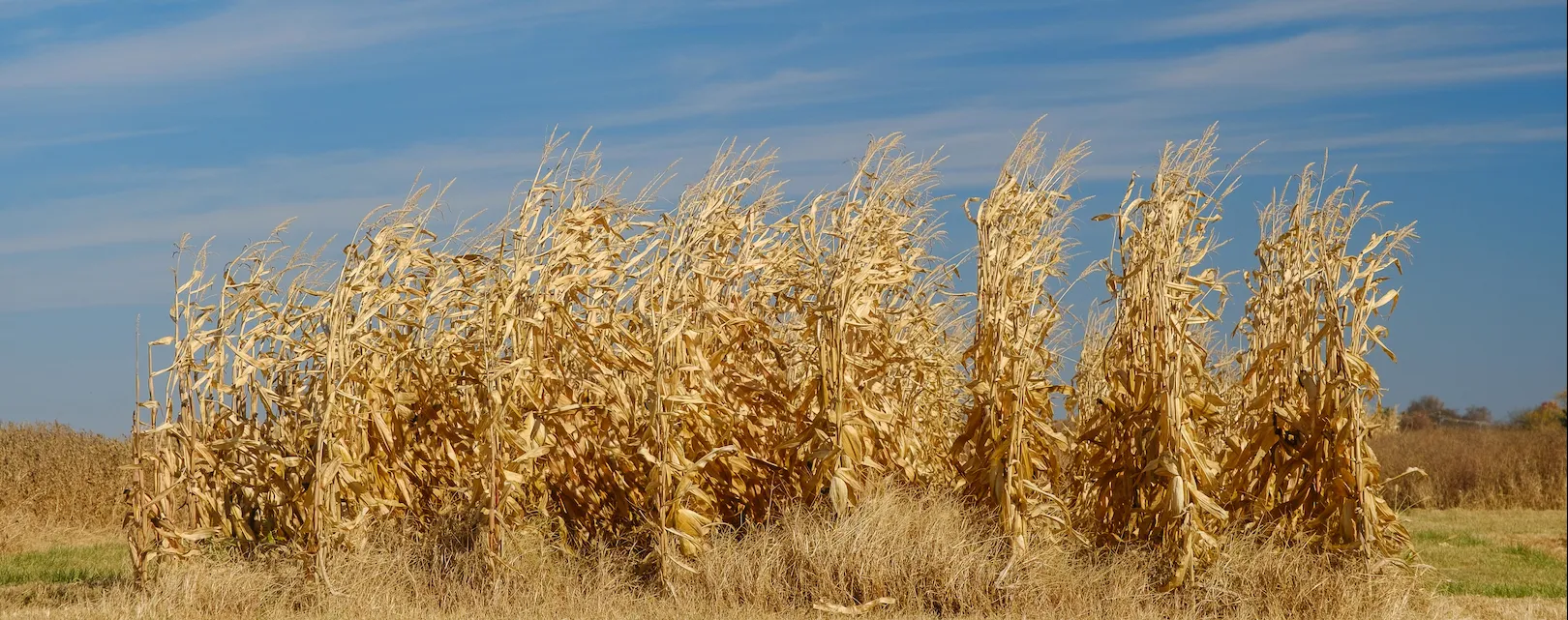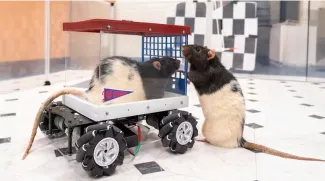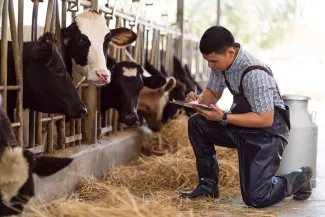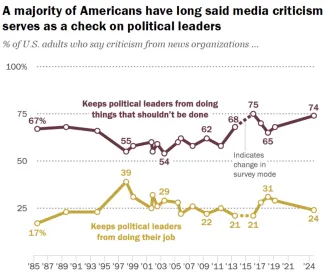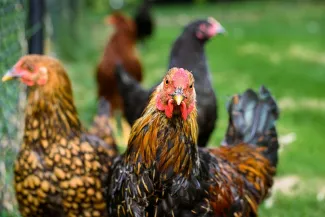All creatures and growing things -- great, quirky, ugly and small --The Rural Blog likes to share them all.
The Mental Health Association launched a new hub with information and free resources to help rural residents access mental health treatment. The site also provides community members with tools for supporting mental health care in their area.
The Department of Agriculture has expanded its response to bird flu infections in U.S. dairy herds by ordering milk testing to begin on Dec. 16 -- "a step public health experts have clamored for following the detection of the H5N1 virus in U.S. dairy herds for the first time this spring.
Tempers flared as the U.S. Senate Homeland Security and Governmental Affairs Committee and Postmaster General Louis DeJoy wrangled over the U.S. Postal Service's lagging delivery, expenses and DeJoy's overall postal "optimization" plan.
The lack of choices for hospitals in parts of northeastern Tennessee and southwestern Virginia has left some residents fearful of getting care at its facilities, but hospital officials deny many patient complaints and tie their quality of care troubles to Covid-19 and nursing shortages.
Rural voters strongly rejected President Biden, but his administration has started programs that are already reversing the decline of rural America, says Agriculture Secretary Tom Vilsack, a longtime politician who has given 12 years of his life to the job, more than anyone.
Despite the somewhat contentious relationship many Americans have with news outlets, most citizens still agree that "media scrutiny keeps politicians from doing things they shouldn’t," reports Sarah Naseer on a Pew Research Center survey conducted and released this year. This opinion has remained a constant over the past 40 years, even as the government's majority party affiliations have changed.
Several U.S. sectors are preparing for imminent changes the transition to a Republican president and Congress promise to bring. Stories focused on upcoming changes are excerpted.
As avian flu spreads among birds, cows, and people, understanding the virus can help lessen unnecessary worry and build support for virus containment, testing and possible vaccination efforts. David Leonhardt of The New York Times demystifies the bird flu virus through questions and answers.
